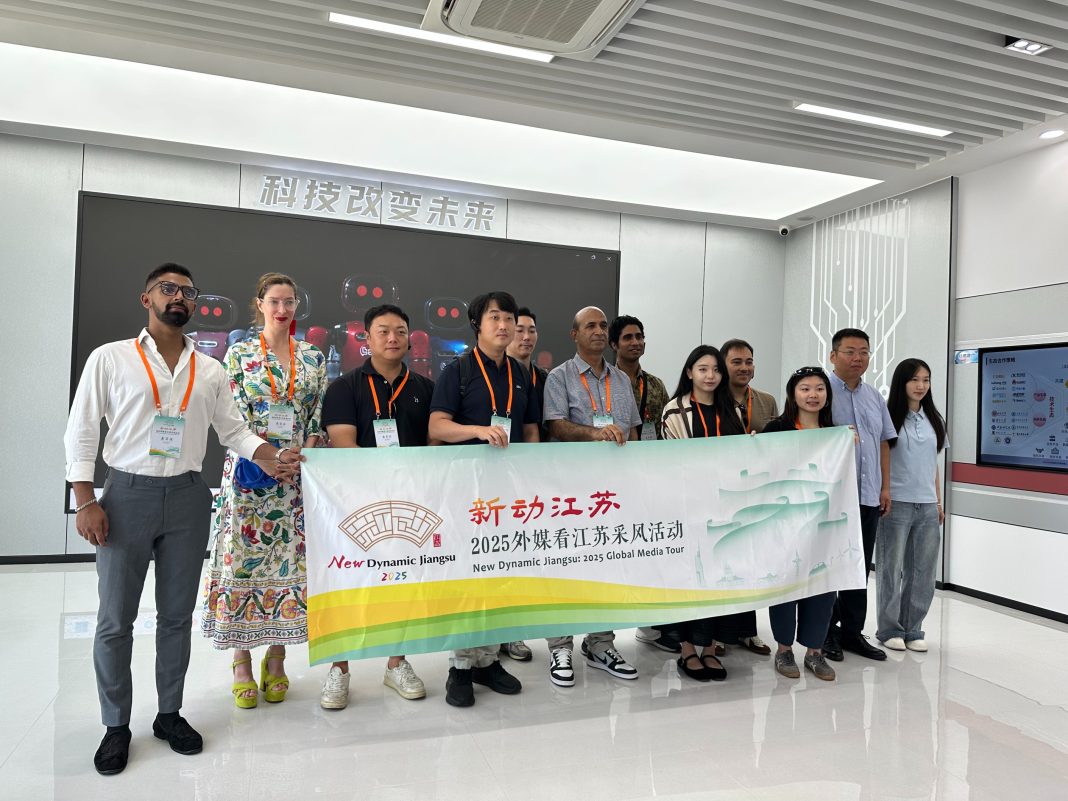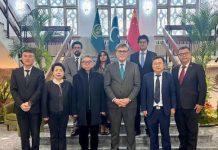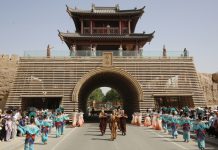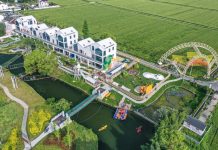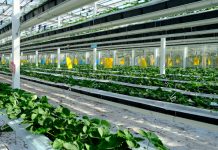From Makhdoom Shehryar Babar
NANJING: From the humming servers of biotech labs to the silent, precise dance of industrial robots, Jiangsu Province is scripting a formidable chapter in the story of modern China. A group of International Media persons, on invitation by the Information Office of Jiangsu Provincial People’s Government, embarked upon a comprehensive tour to witness this transformation firsthand with aim to move beyond the headlines and experience the innovation engine driving one of China’s most economically powerful regions.
The tour turned out to be a deep dive into the future, a curate journey through the laboratories, factories, and smart facilities that are defining next-generation industries. The overwhelming consensus among the visiting media corps was one of profound inspiration, not just by the current technological prowess on display, but by the ambitious, clearly articulated road-maps these companies have charted for the years to come.
The Nexus of Intelligence: Robotics and Biotech in Nanjing
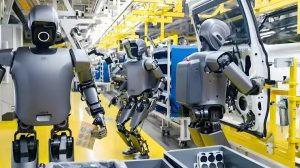 The tour began in the provincial capital, Nanjing, a city seamlessly blending its ancient history with a hyper-modern present. The first stop set the tone: the Robotic Embodied Intelligence Application Center. Here, journalists witnessed robots that move beyond pre-programmed tasks, interacting with their environment through advanced sensors and AI. The potential applications, from complex logistics to elderly care, showcased a future where intelligent machines are collaborative partners.
The tour began in the provincial capital, Nanjing, a city seamlessly blending its ancient history with a hyper-modern present. The first stop set the tone: the Robotic Embodied Intelligence Application Center. Here, journalists witnessed robots that move beyond pre-programmed tasks, interacting with their environment through advanced sensors and AI. The potential applications, from complex logistics to elderly care, showcased a future where intelligent machines are collaborative partners.
This theme of cutting-edge research continued at Vazyme Biotech Co., Ltd., a leader in the life sciences sector. The tour of its state-of-the-art facilities highlighted Jiangsu’s significant role in the global biomedical field. Delegates learned about Vazyme’s work in reagent development and genetic diagnostics, a critical field that has gained immense importance. The company’s commitment to R&D underscored a provincial-wide drive to lead in high-value, knowledge-intensive industries.
Automotive and Industrial Automation: The Wuxi Powerhouse
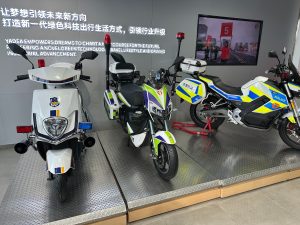 The next leg of the journey took the group to Wuxi, a city renowned for its manufacturing muscle. At SAIC Maxus, the Wuxi branch demonstrated the rapid evolution of the automotive industry. The highly automated production lines were a spectacle of efficiency, churning out new energy vehicles (NEVs) and luxury vans for a global market. The discussion quickly turned to electric mobility, autonomous driving, and China’s competitive edge in the new era of transport.
The next leg of the journey took the group to Wuxi, a city renowned for its manufacturing muscle. At SAIC Maxus, the Wuxi branch demonstrated the rapid evolution of the automotive industry. The highly automated production lines were a spectacle of efficiency, churning out new energy vehicles (NEVs) and luxury vans for a global market. The discussion quickly turned to electric mobility, autonomous driving, and China’s competitive edge in the new era of transport.
This was complemented by a visit to Miracle Automation Engineering Co., Ltd. Here, the focus was on the brains behind the operation. Miracle’s expertise in designing automated logistics systems and smart factories provides the essential infrastructure that allows companies like SAIC Maxus to thrive. Seeing the engineers design the systems that power other factories revealed a critical, and often unseen, layer of Jiangsu’s industrial ecosystem.
Green Technology and a Sustainable Future
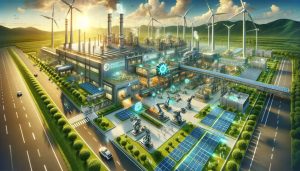
Perhaps the most forward-looking segment of the tour was the visit to the Dafeng Port Zero-Carbon Industrial Park.
This project is a bold blueprint for a sustainable industrial future. Journalists were shown how the park integrates wind, solar, and other renewable sources to create a self-sustaining, carbon-neutral manufacturing hub. It’s a living lab proving that heavy industry and ecological responsibility are not mutually exclusive but are, in fact, the necessary partnership for the future.
This commitment to green technology was further evidenced at Yadea Technology Group Co., Ltd., a global leader in electric two-wheel vehicles. Beyond the sleek designs, the company impressed with its data-driven approach to market trends and its vast production capacity, catering to millions of consumers worldwide seeking sustainable personal transport options.
The tour concluded with a sense of collective revelation. The journey through Nanjing, Wuxi, and beyond was not merely a visit to a collection of companies; it was an immersive experience into a coordinated provincial strategy. Jiangsu is not just adopting new technologies; it is actively cultivating them, investing in a symbiotic ecosystem where biotech, artificial intelligence, advanced manufacturing, and green energy cross-pollinate and drive each other forward.
The group of global journalists left with a clear understanding: Jiangsu is a microcosm of China’s broader ambition to ascend the global value chain. The advancements are tangible, the future plans are robust, and the determination to lead is palpable. The province is firmly in motion, racing towards a high-tech, sustainable future, and the world is watching.

